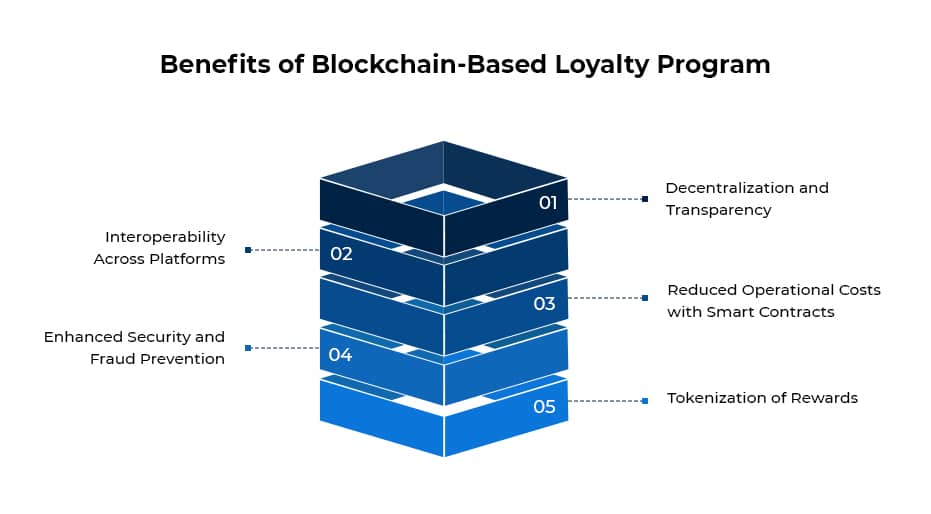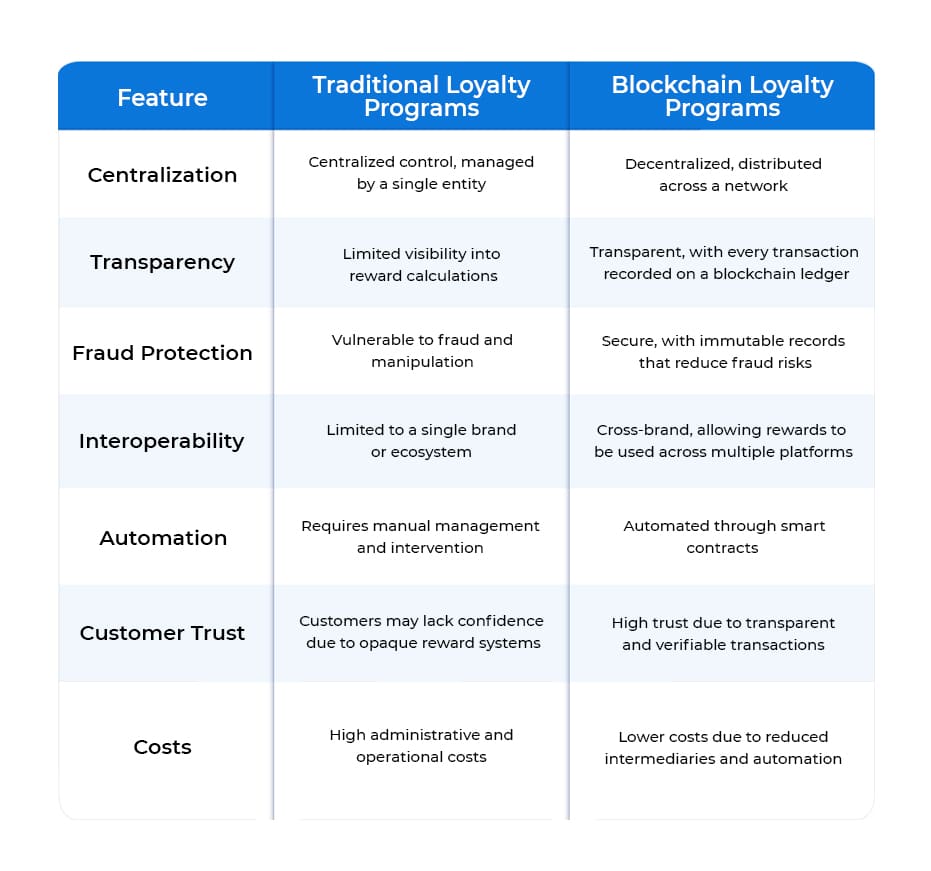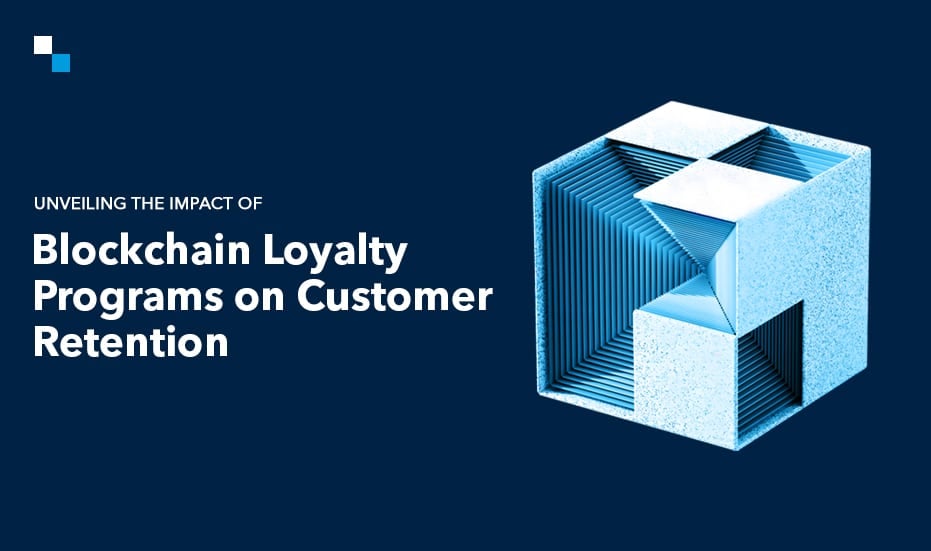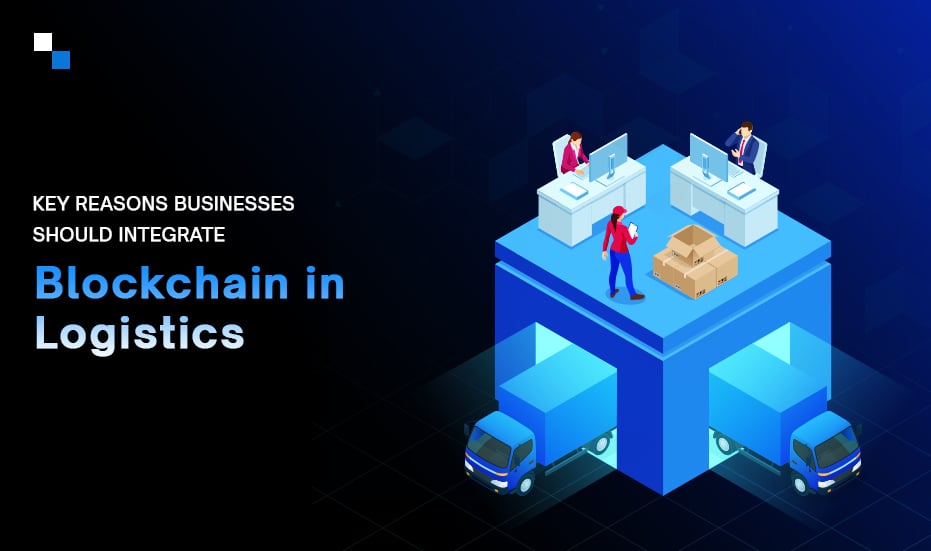
Perks of building a cross-chain compatible P2P Lending Software
September 13, 2024
White Label Crypto Wallet Card: Your Hassle-Free Passport to the Digital Economy
September 13, 2024Loyalty programs have long been a cornerstone of customer retention strategies. From point systems and tiered rewards to personalized discounts, customer loyalty programs have helped brands engage customers across various industries. However, as consumer expectations evolve and technology advances, traditional loyalty programs are being challenged by innovative blockchain-based solutions.
As blockchain technology matures, the adoption of blockchain-based loyalty programs is becoming a key differentiator for brands that seek to create stronger and more lasting customer relationships. This article sheds light on the key differences between traditional and blockchain-based loyalty programs while outlining how blockchain reward programs are poised to reshape the future of customer retention strategies.
The Foundation of Traditional Loyalty Programs
Traditional loyalty programs have been around for decades that offer points, discounts, and rewards based on a customer’s purchasing history. The goal is to incentivize repeat purchases and strengthen brand loyalty. Typically, these programs are centralized, with a single business controlling the loyalty framework and the management of customer data. While effective to some extent, traditional loyalty programs face several challenges such as:
- Lack of Transparency: Customers have limited visibility into how rewards are calculated, tracked, and redeemed.
- Fraud and Mismanagement: The centralized nature of traditional loyalty programs makes them vulnerable to fraud, such as unauthorized points accumulation and redemption.
- Low Interoperability: Most loyalty programs are siloed which means customers can only use their rewards with a specific brand.
- Complex Management: Managing and updating traditional loyalty programs requires significant manual effort and resources, especially for large enterprises.
The Emergence of Blockchain Loyalty Program
The introduction of blockchain loyalty programs is a turning point in customer retention strategies. A blockchain loyalty program leverages distributed ledger technology to address the shortcomings of traditional systems. As businesses adopt blockchain loyalty programs, they gain access to several critical benefits that can significantly impact their customer retention and engagement strategies. Let’s break down how these programs work and the advantages they offer over their traditional counterparts.

1. Decentralization and Transparency
A loyalty program using blockchain operates on a decentralized ledger, which means that no single entity controls the entire system. Every transaction, whether it involves earning or redeeming rewards, is recorded on a transparent, immutable blockchain ledger that can be viewed by both the business and the customer.
For businesses, the transparency of a blockchain-based customer loyalty program reduces the risk of errors, mismanagement, and fraud. Since blockchain records are immutable, customers and companies alike have confidence that the loyalty system operates with fairness and integrity.
2. Interoperability Across Platforms
One of the most compelling features of a blockchain-based loyalty program is its ability to facilitate cross-brand interoperability. Unlike traditional programs, where loyalty points are confined to a single company’s ecosystem, blockchain enables businesses to collaborate and create shared loyalty programs. Customers can earn and redeem rewards across different platforms or brands that are part of the same blockchain network.
For instance, a customer who earns points by making a purchase at a retail store could use those points to get discounts at a partnered airline or restaurant. This flexibility enhances the overall value of loyalty points and gives customers a broader range of options for redemption.
3. Reduced Operational Costs with Smart Contracts
Blockchain technology automates many aspects of loyalty programs through the use of smart contracts. These self-executing contracts automatically process and verify transactions based on predefined criteria. For example, a smart contract can be programmed to issue points once a customer completes a purchase or to trigger rewards when a customer refers a new client.
The automation provided by smart contracts drastically reduces the administrative burden and operating costs associated with running loyalty programs. Businesses no longer need to manually track, validate, and process loyalty transactions.

4. Enhanced Security and Fraud Prevention
Whether it’s unauthorized points redemption, account hacking, or duplicate loyalty accounts, businesses face significant risks in managing customer rewards. A blockchain reward program addresses these vulnerabilities with its decentralized and secure nature. Blockchain’s inherent cryptographic features ensure that loyalty points and rewards are protected from tampering and unauthorized access.
Each transaction on the blockchain is validated by multiple parties within the network which makes it nearly impossible for any individual or entity to alter the data. This drastically reduces fraud and ensures the integrity of the loyalty program.
5. Tokenization of Rewards
A standout feature of blockchain loyalty programs is tokenization. In a blockchain-based system, loyalty points can be converted into digital tokens that are stored in the customer’s digital wallet. These tokens can be exchanged, traded, or redeemed just like cryptocurrency.
Additionally, businesses can offer more dynamic and engaging reward structures by tying token issuance to various milestones, such as social media engagement, referrals, or content creation. By offering tokenized rewards that can be used across an interoperable network, businesses create a more engaging and seamless experience for customers.
Blockchain Loyalty Programs vs. Traditional Loyalty Programs

Real-World Applications of Blockchain Loyalty Programs Across Industries
-
Retail
In the retail sector, loyalty programs are a key component of customer engagement. However, traditional retail loyalty programs are often isolated to a single brand. With blockchain loyalty programs, retailers can create cross-brand loyalty networks where customers earn points that can be redeemed at multiple stores within a network.
For example, several retail brands can join forces to establish a shared loyalty ecosystem, where customers earn blockchain-based tokens for purchases made across different brands. These tokens can then be used to redeem rewards at any participating retailer.
A real-world example of this is Chanticleer Holdings, a franchisee of well-known restaurants like Hooters, which launched a blockchain-based loyalty program to allows customers to earn and redeem crypto-tokens across various restaurant brands.
-
Hospitality and Travel
The hospitality and travel industries are ideal candidates for blockchain reward programs, especially given the global nature of their operations and the high value of repeat customers. Tokenized rewards allow customers to earn digital tokens for activities such as booking hotel stays, flights, or car rentals.
These tokens can be stored in a digital wallet and redeemed across various partners within the travel ecosystem, such as airlines, hotels, and restaurants. For instance, customers can earn tokens by booking a hotel stay with a particular chain and use those same tokens to get discounts on flights or car rentals with partnered businesses.
Loyyal, a blockchain-based loyalty platform, is an example of how this concept has been implemented. Loyyal partners with companies in the hospitality and travel industries to provide a loyalty program using blockchain that allows customers to earn and redeem tokens across various service providers.
-
E-commerce
With blockchain-based loyalty programs, e-commerce platforms can eliminate issues like points expiration, fraud, and high transaction fees. For example, blockchain technology enables e-commerce platforms to create tokenized rewards that are easily transferable between users. Additionally, smart contracts can automate the issuance and redemption of loyalty tokens, reducing operational costs and ensuring that customers receive rewards immediately after completing transactions.
Rakuten, a leading e-commerce company, has integrated blockchain technology into its existing loyalty program by converting loyalty points into cryptocurrency. This gives customers the freedom to spend their points within Rakuten’s ecosystem or transfer them into crypto wallets.
-
Finance
In the financial services industry, trust and transparency are paramount. Traditional loyalty programs tied to credit cards or banking services are often complex, with customers facing challenges in tracking and redeeming their rewards.
By adopting a customer loyalty program blockchain model, financial services companies can offer customers a more secure and transparent way to manage their loyalty points. Blockchain ensures that all transactions are recorded on an immutable ledger which reduces the risk of fraud and provides customers with real-time visibility into their rewards.
A key example is American Express, which launched a blockchain loyalty program to allow merchants to create customized rewards for customers. The blockchain-based system ensures that customer data remains secure while providing a more personalized and dynamic loyalty experience.
-
Gaming
Traditional loyalty programs in gaming are often limited to in-game rewards that cannot be used across different titles or platforms. However, with blockchain, gaming companies can create interoperable loyalty programs where players earn tokens that can be transferred between different games or even traded on secondary markets.
For example, a player might earn blockchain-based tokens for completing certain tasks in one game, which they can then use to purchase in-game items or rewards in another title.
Ubisoft, a major game publisher, has experimented with blockchain technology by launching loyalty programs that allow players to earn rewards in the form of NFTs and digital assets, which can be transferred or sold on blockchain marketplaces.
-
Telecommunications
Telecommunication companies have vast customer bases and frequently use loyalty programs to reduce churn and encourage brand loyalty. Blockchain technology enables telecom companies to tokenize their loyalty rewards and allows customers to use their tokens across various services or even exchange them for other cryptocurrencies.
This approach enhances the customer experience by providing greater flexibility and transparency in reward management. Blockchain reward programs can enable telecom companies to streamline operations and reduce the administrative burden of managing loyalty points.
For instance, Deutsche Telekom has explored blockchain loyalty solutions to offer customers tokens that can be redeemed for various services within its network or used across partnered businesses.

Conclusion
While traditional loyalty programs have played an important role in customer retention, their shortcomings are becoming increasingly evident in today’s digital age. By embracing technologies like blockchain, businesses can overcome the challenges of traditional loyalty programs and build stronger, more meaningful relationships with their customers. Antier, a renowned Blockchain development company, helps businesses build long-term relationships with their customers by providing them with robust Blockchain-based loyalty program solutions.



